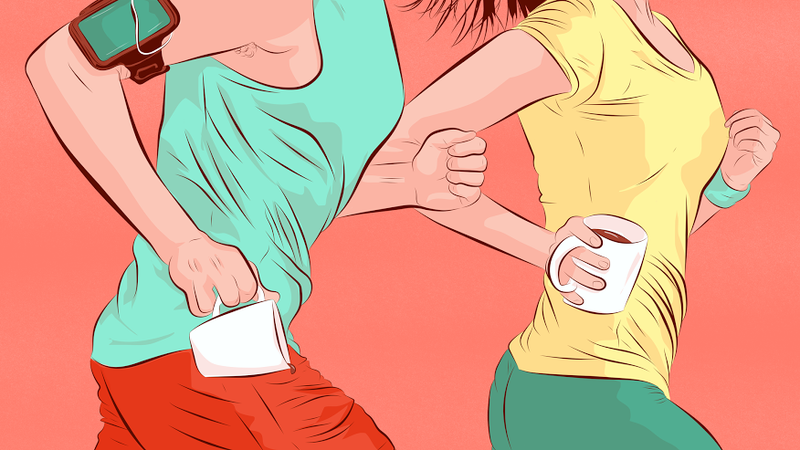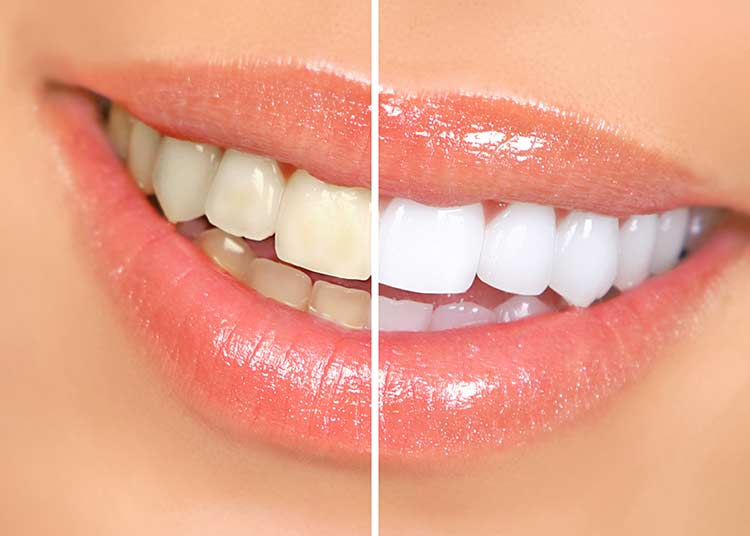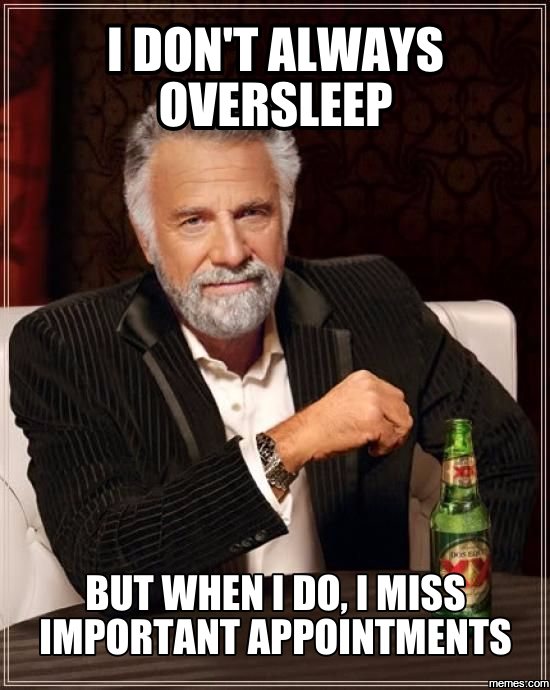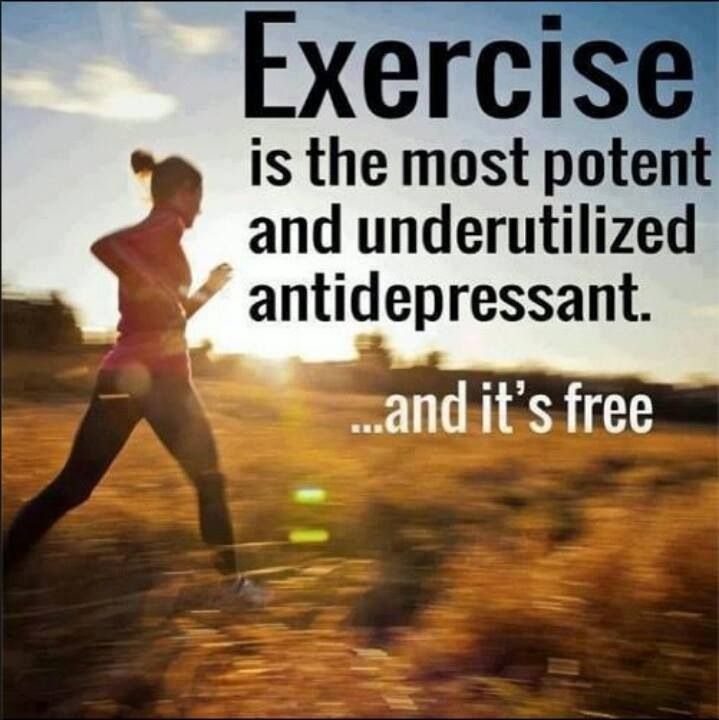We all know what happens in college. Many students start to consume alcohol in higher amounts on more frequent occasions than ever before. Because of this transition from high school to college, I was interested in what effects alcohol could have onthe brain. I was curious to find out if occasional consumption would affect the brain the same way as binge drinking would. My hypothesis was that binge drinking would have many more negative effects than constant low consumption.
While researching this topic, I came across a study that tested this question through an experiment with rats. The experiment gave two groups of rats low alcohol dosages but condensed them into 2 or 4 dosages a day. They gave a third group higher alcohol dosages but spread out throughout the day. The first two groups with the lower dosage was intended to simulate binge drinking the alcohol. The third group was showing what spreading out the drinks does. The results of the study were as I hypothesized.
The rats that were “binge drinking” the alcohol produced very high BAC’s and suffered cell loss in the brain. The rats that spread their drinks out had lower BAC’s and no to minimum cell loss in the brain. These results show that alcohol spread out over time is not nearly as detrimental to your health as binge drinking alcohol. Too much alcohol in a short period of time leads to significant cell loss in the brain.
This article explains the adverse effects long term alcohol abuse can have on the brain. In the previous paragraph, we explained how binge drinking can affect cell loss in the brain. Well, long term alcohol abuse takes that to the next level. Brain damage is a common consequence of long term alcohol abuse. The years of cell loss to the brain adds up, and the alcohol consumption of many years affects different regions of the brain which can cause damage. The science is still unclear on how alcohol affects certain parts of the brain, but brain damage being a side effect is known.
I am not a huge drinker so I am not going to worry about cell loss in my brain. I believe a rational person should apply this research to his or her own personal situation. If you binge drink 4-5 times a week, maybe you should reconsider depending on how you view this data. If you drink small amounts of alcohol on ocassion, I don’t think cell loss from alcohol should be much of a concern for you.

Picture: https://www.google.com/search?q=alcohol+consumption&biw=1366&bih=662&source=lnms&tbm=isch&sa=X&ved=0ahUKEwiHtPCTitXQAhUB4CYKHfUTCRgQ_AUIBygC#imgrc=q9ZZl-XjW1JN8M%3A
Sources: http://onlinelibrary.wiley.com/doi/10.1111/j.1530-0277.1990.tb00455.x/abstract
http://jnen.oxfordjournals.org/content/57/2/101.abstract













